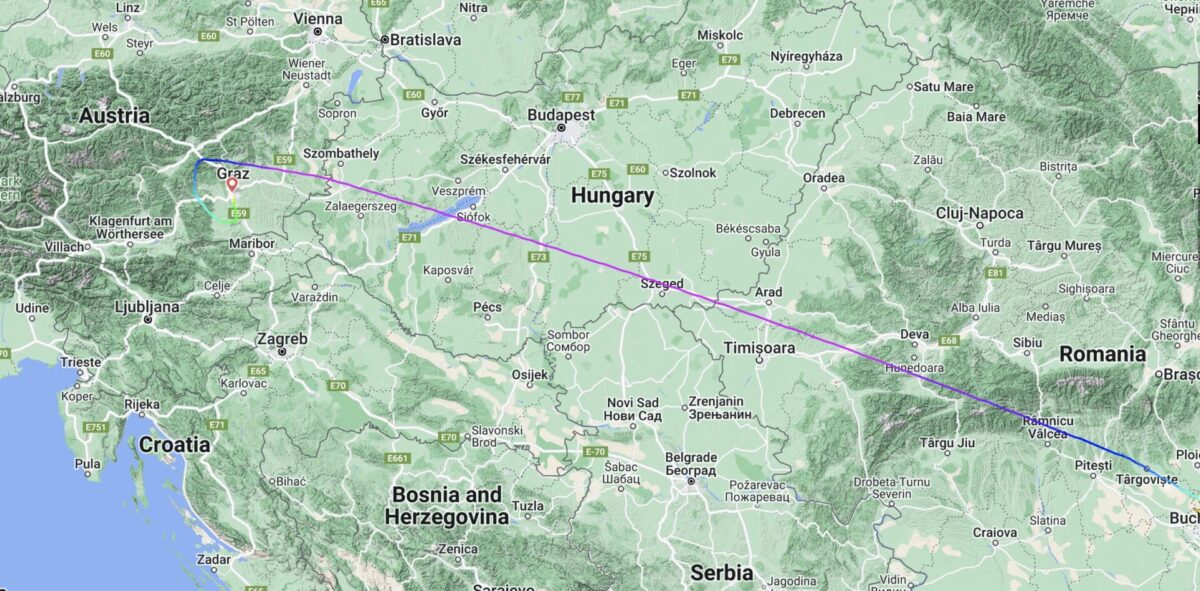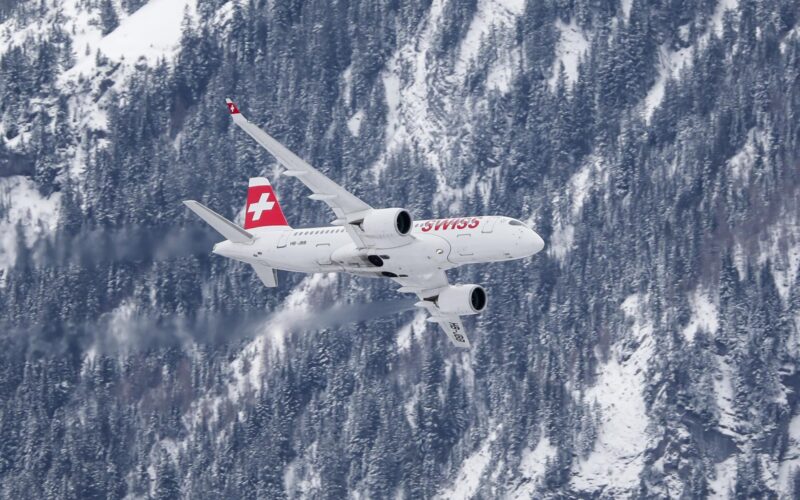Swiss International Air Lines (SWISS) announced that a cabin crew member, who was taken to hospital after an Airbus A220 was forced to make an emergency landing in Austria when smoke filled the cockpit and cabin, has died.
The airline made the announcement on December 30, 2024, stating that the “young colleague died in the hospital in Graz, Austria”.
“We are devastated at our dear colleague’s death,” said Jens Fehlinger, CEO of SWISS. “His loss has left us all in the deepest shock and grief. Our thoughts are with his family, whose pain we cannot imagine. I offer them my heartfelt condolences on behalf of all of us at SWISS. And we will, of course, be doing everything in our power to help and support them at this extremely difficult time.”
The carrier did not provide any further details about the cause of death out of respect for the crew member’s family.
What happened during the flight?
On December 23, 2024, an Airbus A220-300, registered as HB-JCD, departed from Bucharest Henri Coandă International Airport (OTP) at 17:16 local time and was heading to Zurich Airport (ZRH) in Switzerland.
Shortly after takeoff the aircraft encountered engine issues and smoke filled the cockpit and cabin, forcing an emergency landing at Graz Airport (GRZ) in Austria. The aircraft landed safely at GRZ at 17:53 local time.

There were 74 passengers and five crew members on board. All passengers were evacuated safely. Two of the three cabin crew members were taken to the hospital in Graz.
The airline issued a statement on December 24, 2024, saying that the initial findings of the incident point to a technical problem in one of the engines.
Investigators are working on evaluating mechanical parts of the aircraft, such as the engine, but also on the use of protective equipment for the cabin crew, known as Protective Breathing Equipment (PBE), the carrier said.
“Investigations of this kind are complex, and SWISS is also dependent on information from the investigating authorities and manufacturers,” SWISS officials said. “Therefore, the cause has not been conclusively determined. We are not ruling out anything and are working closely with the relevant authorities.”

